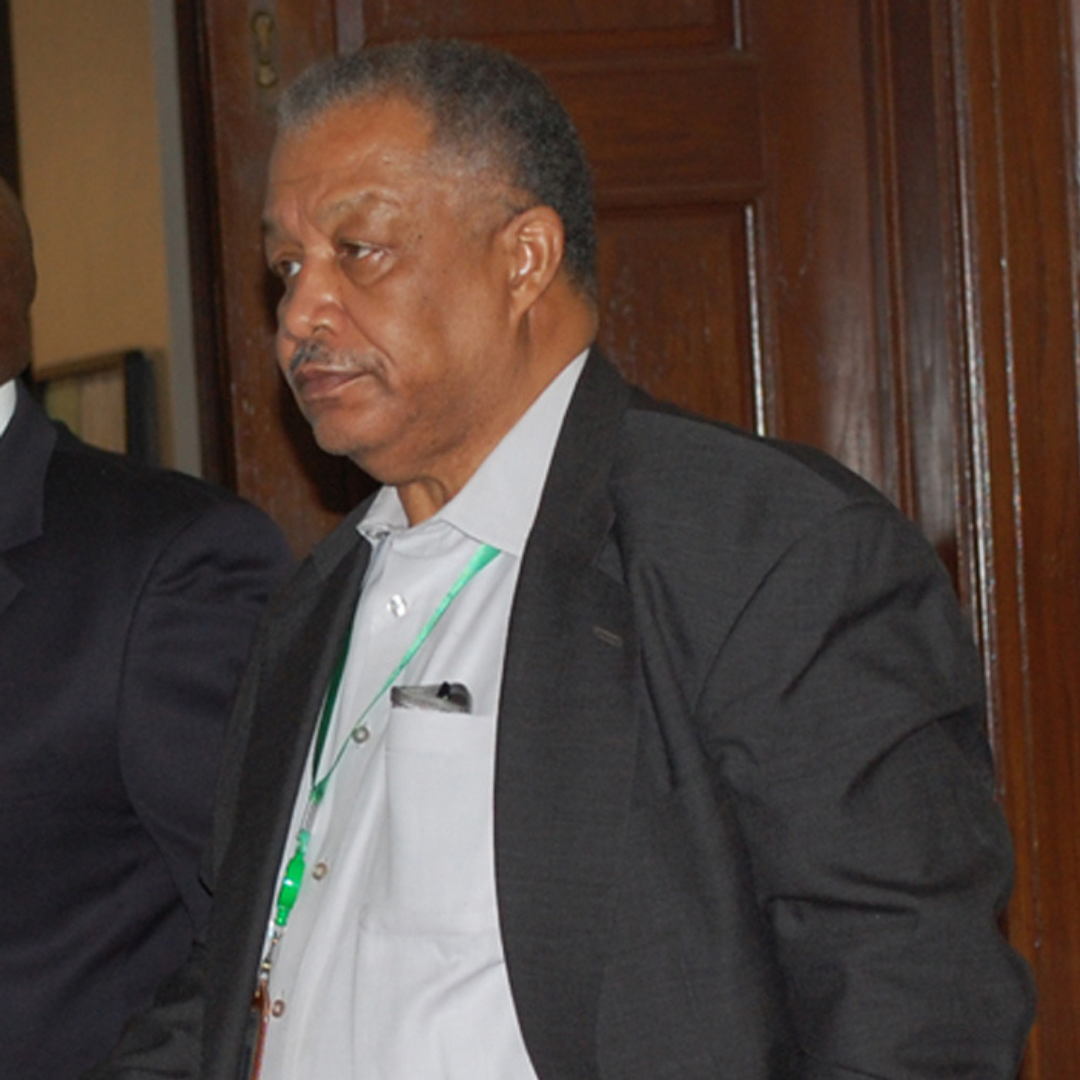In the last 2 years of Michael Washington’s tenure as chief financial officer of the Gary Community School District, the district experienced serious financial trouble. The district had a severe cash flow problem. It was behind on every major bill – the teachers’ pension plan, utilities, and health insurance premiums.
“It came down to what are you going to pay. Are you going to pay teachers or pay these other things,” Washington said. “I kept teachers in the classrooms.”
The Gary schools were under financial pressure from declining enrollment as hundreds and in some years, nearly a thousand students did not return from the previous year. Charter schools attracted many.
Revenues from property taxes fell as residents fled the city.
Washington said the district didn’t have enough funds to handle its obligations. The school board had reduced as much operations as it could, but it was not enough, he said. “It came to a point our vendors demanded cash instead of extending us credit. I couldn’t do my job for talking to vendors who wanted payment and would only talk to me or the superintendent.”
His is one of the stories in the Gary school district’s financial meltdown leading to the state takeover in 2017. Although Washington’s employment ended in 2015, his ties to the school district have not ended and have influenced his personal life since.
Another bill payment not made during those 2 years in his efforts to keep the schools open, and proved fateful was not making the payments to employees’ federal payroll taxes.
In November 2014, the Post-Tribune reported that the Internal Revenue Service filed two liens against the district – one seeking payment of $5.27 million for payroll taxes in 2013 and the other demanding $1.51 million owed for part of 2012 and 2013. The unpaid payroll taxes, plus interest and penalties had been assessed against the district and Washington, as its chief financial officer.
By the time the state took control of the district, the debt to the IRS came to $8.4 million. The district reached a settlement with the IRS in 2018 that wiped away $7 million of the $7,320,000 in unpaid payroll taxes. The district paid the $320,000.
“The IRS took the unpaid taxes off the school district and me,” Washington said, “but they came back and assessed the penalties against me.” The IRS also put a lien on his home and can go into his bank account at any time.
Washington said he had been angry and upset, and thought it was unfair. “They usually include everybody in the settlement. I guess they were making an example out of me.”
“But I’m through with being upset. I’m going to deal with it now. I’ve been carrying this burden for a long time. I’m tired of it,” he said, “and I have to work out an arrangement to start paying on it.”
“I guess I was embarrassed and ashamed. I’m tired of living beneath the privilege God gives me. Me and the Lord are going to get me out of this. God is my banker,” Washington said.
Washington opened up about his situation during a Sunday service at his church, Christ Baptist, this month. The result of his role in the school district’s debt is he now owes the IRS about $4 million.






